Manglehorn
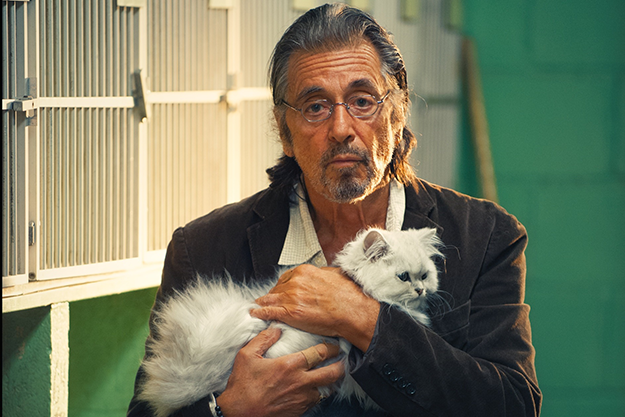
When asked to contemplate the union of Al Pacino and director David Gordon Green, of all the things that come to mind, “understated” probably isn’t the adjective that leaps to the forefront. Yet Manglehorn is a film that strives to be exactly that, though not always proving consistent. This is arguably one of the most subtly nuanced performances of Pacino’s career, especially compared to his latter day roles, which often typecast him as “gentleman dandy” or “tempestuous mobster” du jour. Green acknowledges that a film about loneliness and regret requires a deliberately laborious pace, which may turn some viewers off. However, the investment proves lucrative in the second act, where the protagonist’s established tendencies toward self-sabotage have meaningful consequences for himself and those around him.
Pacino plays the eponymously named Manglehorn, a Texan key-maker who lives alone in a dingy apartment with his cat Fanny, upon whom he dotes endearingly. He is known as a generally likeable eccentric, quietly living out the twilight of his life. In the privacy of his home, however, he entertains thoughts of bitter misanthropy, maintains an estranged relationship with his son (Chris Messina), and writes obsessively to a lost love who always returns his letters unopened. Among the solemn few who attempt to engage with him beyond polite small talk are deliciously annoying Gary (Harmony Korine), who worships Manglehorn as a local legend, and bank teller Dawn (Holly Hunter), who represents a possible escape from his listless exile of regret and nothingness.
Green has stated repeatedly that the part was written for Pacino from the outset, and it shows. Despite the narrative never leaving Manglehorn’s side, Green’s direction leaves room for Pacino to breathe. His character meanders around with a shambling and crooked countenance, while the camera keeps a respectful distance. The film maintains a constant aesthetic of the dusty, sun-bleached American south, lit by night with the cold blue of faulty fluorescents, which seems to implicitly justify Manglehorn’s jaded and lachrymose worldview. The film struggles where it is more heavy-handed; most of Manglehorn’s monologues seem almost self-flagellating, and the symbolism – he literally has a beehive growing on his mailbox – occasionally appears schmaltzy in contrast to the script’s taciturn reserve. Yet this remains a recommendation, as Manglehorn delivers a muted, character-driven narrative that provides a believable insight into a mind that some may well recognise in themselves.
Kyle Cairns
Manglehorn is released nationwide on 7th August 2015.
Watch the trailer for Manglehorn here:

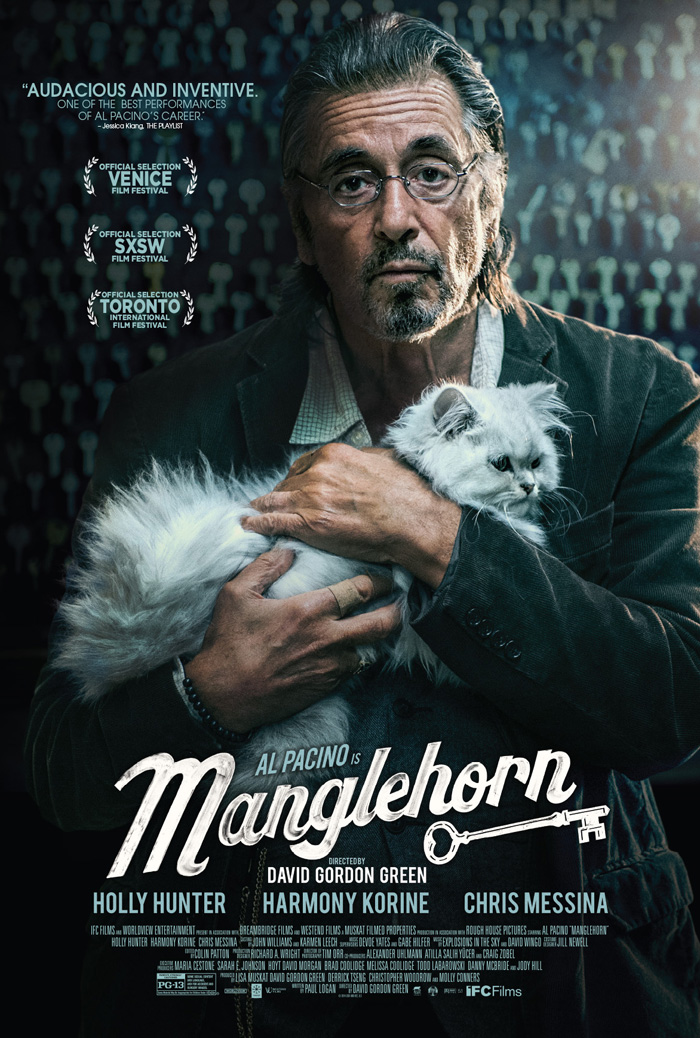
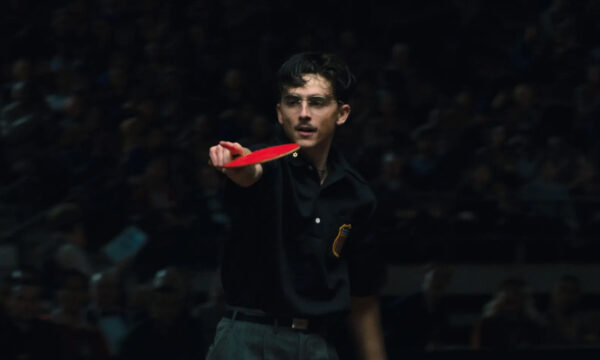
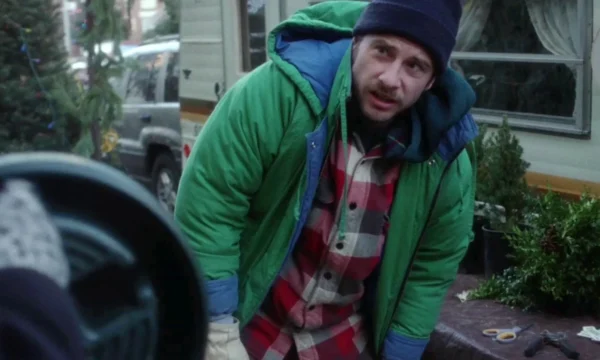
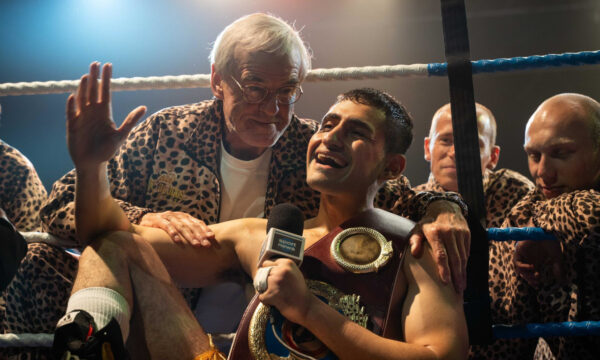

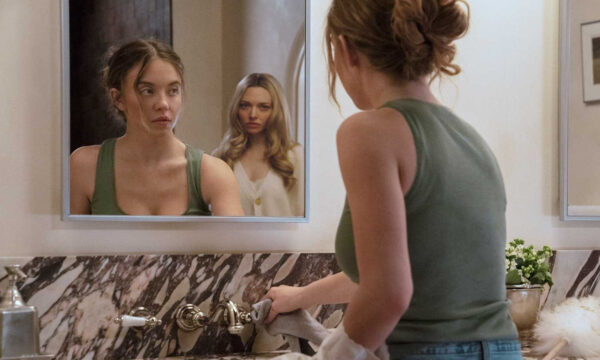
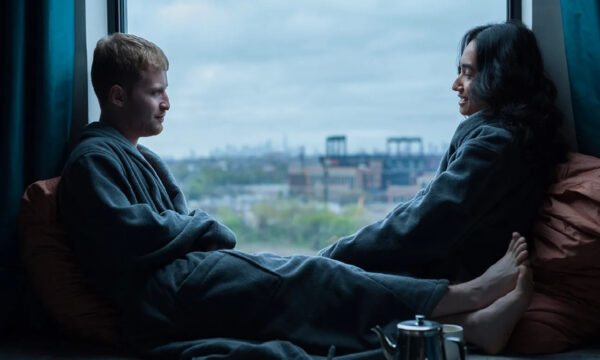
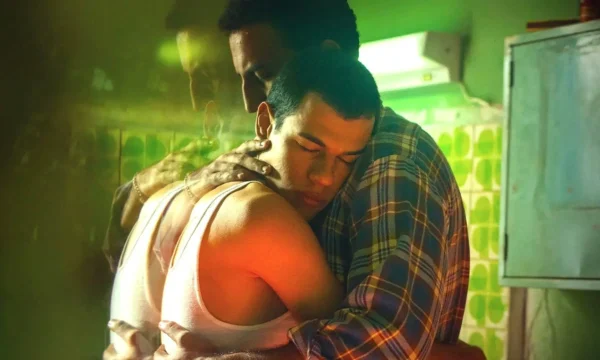
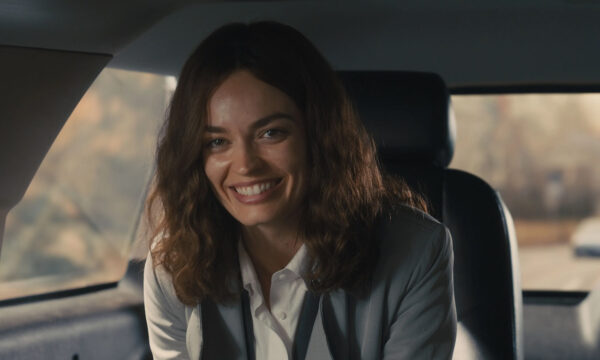


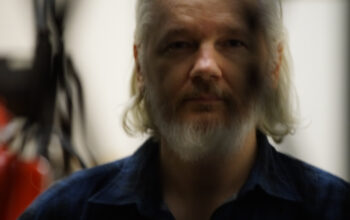




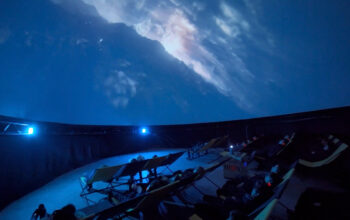



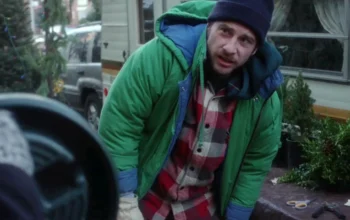
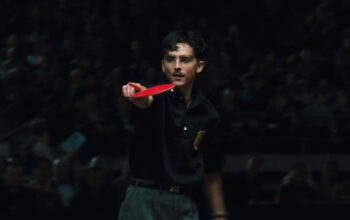


Facebook
Twitter
Instagram
YouTube
RSS